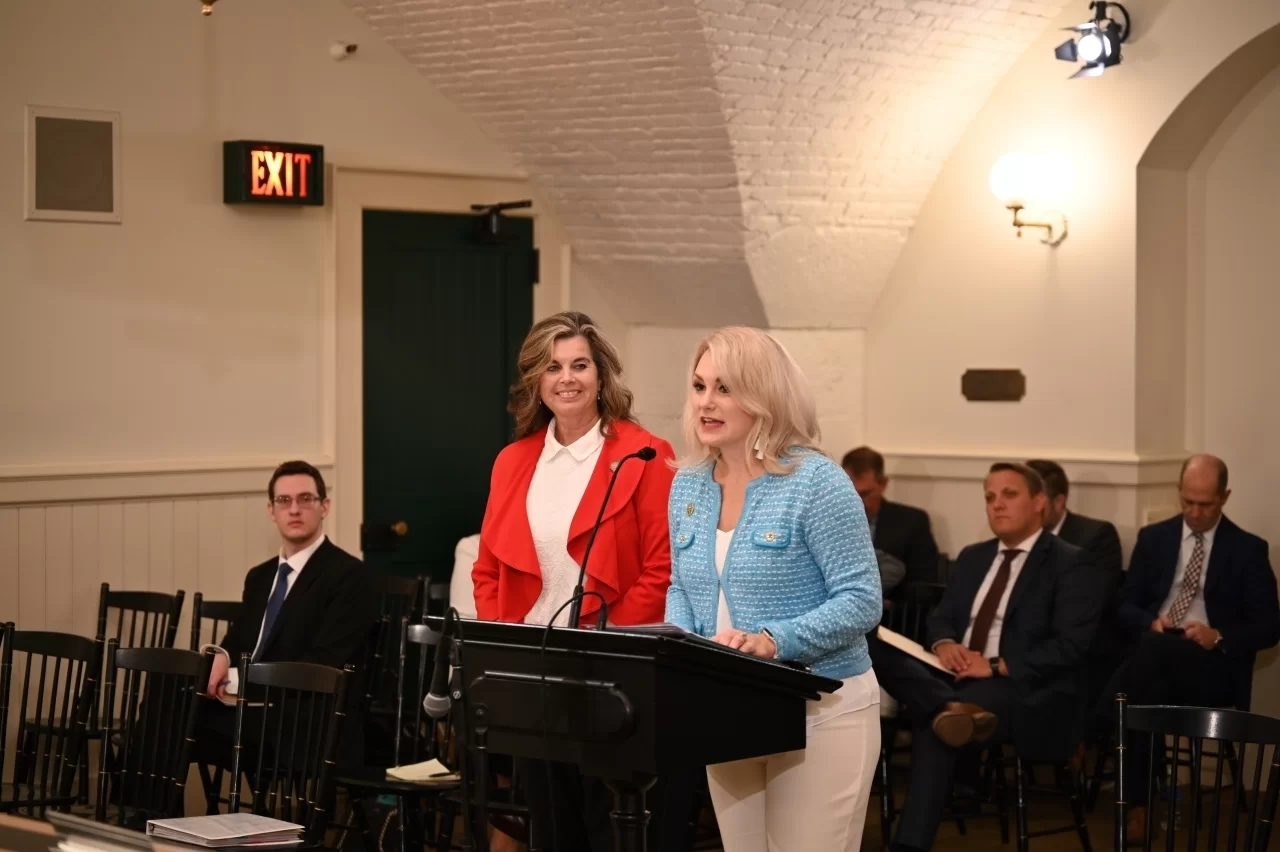On Sep 29th, Ohio State Representatives Melanie Miller and Beth Lear have introduced House Bill 236, known as the "Never Alone Act," which aims to guarantee patients' access to advocates in healthcare settings, particularly during health emergencies such as the COVID-19 pandemic. The bill establishes the right for patients and long-term care residents to have advocates of their choice accompany them in healthcare facilities, provides information to patients about this right, and seeks to strike a balance between patient rights and facility safety concerns. The legislation follows lessons learned during the pandemic when many patients were isolated from loved ones. House Bill 236 is currently awaiting its second hearing.
State Representatives Melanie Miller and Beth Lear introduced House Bill 236, known as "The Never Alone Act," which aims to ensure that patients in healthcare settings, including hospitals and nursing homes, have the right to be accompanied by advocates, especially during health emergencies. The bill was inspired by the lessons learned during the COVID-19 pandemic when loved ones were often separated from patients. It establishes the right for patients and long-term care residents to have advocates, requires care facilities to inform patients of this right, and seeks to strike a balance between patients' rights and the health and safety concerns of care facilities. The bill is now awaiting its second hearing.
Ohio has introduced the "Never Alone Act" to address the issue of patients being separated from their loved ones during hospital stays, a situation exacerbated by pandemic-related protocols. The legislation aims to guarantee patients the presence of an advocate or loved one during their hospitalization. State Representative Melanie Miller emphasizes the importance of this right, especially in difficult situations such as end-of-life care. However, some lawmakers, like State Representative Anita Somani, express concerns that legislation could interfere with the patient-physician relationship and impact diagnosis and treatment. Despite debates, the bill seeks to ensure patients have the support they need during challenging times in healthcare settings.
"To enact sections 3792.05 and 3792.06 of the Revised Code to prohibit a congregate care setting from denying a patient or resident access to an advocate and to name this act the Never Alone Act."
Numerous states, including Alabama, Connecticut, Illinois, Indiana, New York, North Dakota, Oklahoma, South Dakota, Texas, and Washington, have enacted laws requiring assisted living communities and nursing facilities to permit visitation. Meanwhile, a nationwide essential caregivers program introduced in 2021 faced obstacles. Argentum, an industry association, has provided an Essential Caregiver Toolkit to assist senior living providers in implementing essential caregiver programs aimed at alleviating the social isolation that many residents endured during the pandemic.






 Alerts Sign-up
Alerts Sign-up